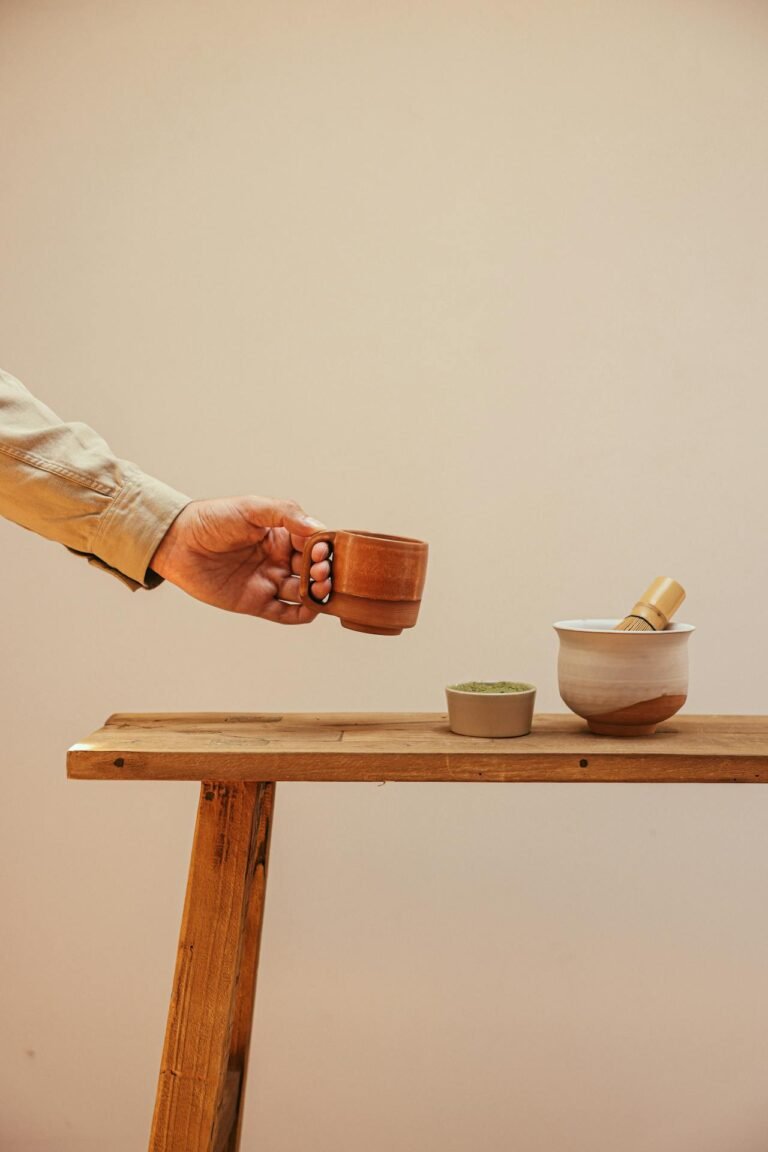Best Time to Meditate: A Guide to Finding Your Zen
Are you curious about the best time to meditate? Meditation is a powerful tool for reducing stress, improving focus, and promoting overall well-being. However, many people struggle to find the right time to meditate. Some people prefer to meditate in the morning, while others find that evening meditation is more effective. So, what is the best time to meditate?
The truth is that there is no one-size-fits-all answer to this question. The best time to meditate depends on your individual needs, preferences, and schedule. However, research suggests that there are certain times of day that may be more conducive to meditation. In this article, we’ll explore the benefits of morning, afternoon, and evening meditation, and provide tips for finding the best time to meditate for your unique needs.
Understanding Meditation
Meditation is a practice that has been around for thousands of years and has been used to promote relaxation, reduce stress, and improve overall well-being. It involves focusing your attention on a particular object, thought, or activity to achieve a mentally clear and emotionally calm state.
Benefits of Meditation
Meditation has been shown to have numerous benefits for both your physical and mental health. Some of the benefits of meditation include:
- Reduced stress and anxiety: Meditation has been shown to reduce the levels of the stress hormone cortisol in the body, which can help to reduce feelings of anxiety and stress.
- Improved focus and concentration: Practicing meditation regularly can help to improve your ability to focus and concentrate on tasks, which can be beneficial in both your personal and professional life.
- Better sleep: Meditation can help to calm your mind and reduce racing thoughts, which can make it easier to fall asleep and stay asleep throughout the night.
- Reduced symptoms of depression: Meditation has been shown to be effective in reducing symptoms of depression, such as feelings of sadness and hopelessness.
Best Times in a Day
The best time to meditate is when you can fit it into your schedule. While there may be certain times that are ideal for meditation, the important thing is to find a time that works for you and make it a regular habit. It takes time and consistent effort to build a new habit. You can make it easier by picking a time that helps.
Here are some suggestions for the best times to meditate:
- Morning: Meditating in the morning can help to set a positive tone for your day and can help you to feel more focused and energized throughout the day.
- Before bed: Meditating before bed can help to calm your mind and reduce racing thoughts, which can make it easier to fall asleep and stay asleep throughout the night.
- During a break: If you have a break during your day, such as a lunch break or a mid-afternoon break, you can use this time to meditate and recharge your batteries.
By understanding the benefits of meditation and finding the best time to practice, you can start to incorporate this powerful practice into your daily routine and enjoy the many benefits it has to offer.
Morning Meditation
Meditation can be a great way to start your day. Many people find that meditating in the morning helps them feel more centered and prepared for the day ahead. Here are some tips to help you get the most out of your morning meditation practice.
Early Morning Calm
Meditating early in the morning can be especially beneficial because it is often the quietest time of day. You can use this time to create a peaceful environment for your practice. Consider lighting a candle or some incense, or playing some gentle music to help set the mood.
It can also be helpful to meditate before you start your day, when your mind is still fresh and uncluttered. This can help you feel more focused and energized throughout the day.
Aligning with Circadian Rhythms
Meditating in the morning can also help you align your practice with your body’s natural circadian rhythms. Your body’s circadian rhythms are a natural, internal process that regulates your sleep-wake cycle and other bodily functions. By meditating in the morning, you can help reset your body’s natural rhythms and improve your overall health and well-being.
To get the most out of your morning meditation practice, try to meditate at the same time every day. This will help your body get into a rhythm and make it easier to stick to your practice. You can also try meditating for different lengths of time to see what works best for you.
Remember, the most important thing is to find a practice that works for you and to stick with it. With a little dedication and patience, you can create a morning meditation practice that helps you feel more centered, focused, and energized throughout the day.
Evening Meditation
If you find it difficult to fit meditation into your morning routine, you may want to consider adding an evening meditation session to your daily schedule. Evening meditation can help you unwind after a busy day and prepare your mind and body for a restful night’s sleep.
Unwinding After the Day
After a long day, it’s important to take some time to unwind and relax. Evening meditation can be a great way to do this. By taking a few minutes to sit quietly and focus on your breath, you can release any tension or stress that has built up throughout the day.
One way to make your evening meditation more relaxing is to create a peaceful environment. You might light a candle, play some calming music, or burn some incense. Whatever you choose, make sure it helps you feel relaxed and comfortable.
Preparation for Sleep
In addition to helping you unwind after the day, evening meditation can also help prepare your mind and body for sleep. By calming your mind and reducing stress, you may find it easier to fall asleep and stay asleep throughout the night.
If you’re having trouble sleeping, you might try incorporating some gentle yoga or stretching into your evening meditation routine. This can help release any physical tension that may be contributing to your sleep difficulties.
Remember, the most important thing is to find a time that works for you and make meditation a regular habit. With consistent effort, you can build a new habit that helps you feel more relaxed and focused throughout the day.
Personalizing Your Meditation Schedule
To get the most out of your meditation practice, it’s important to personalize your schedule to fit your lifestyle and needs. Here are some tips to help you assess your lifestyle and listen to your body to create a meditation schedule that works for you.
Assessing Your Lifestyle
When creating a meditation schedule, it’s important to take your lifestyle into account. Consider your work schedule, family obligations, and other commitments. Look for times in your day when you have a few moments to yourself, such as before or after work, during your lunch break, or after your children go to bed.
You may also want to consider the environment in which you meditate. Some people prefer to meditate in the morning, while others prefer the evening. Think about which time of day is quietest and most conducive to meditation in your home or workplace.
Listening to Your Body
It’s also important to listen to your body when creating a meditation schedule. Some people find that they are more alert and focused in the morning, while others prefer to meditate in the evening when they are more relaxed. Experiment with different times of day to see what works best for you.
Another factor to consider is the length of your meditation sessions. Some people find that shorter sessions work better for them, while others prefer longer sessions. Start with a short session and gradually increase the length as you become more comfortable with the practice.
Remember, there is no one-size-fits-all approach to meditation. By personalizing your meditation schedule, you can create a practice that fits your unique needs and lifestyle.





